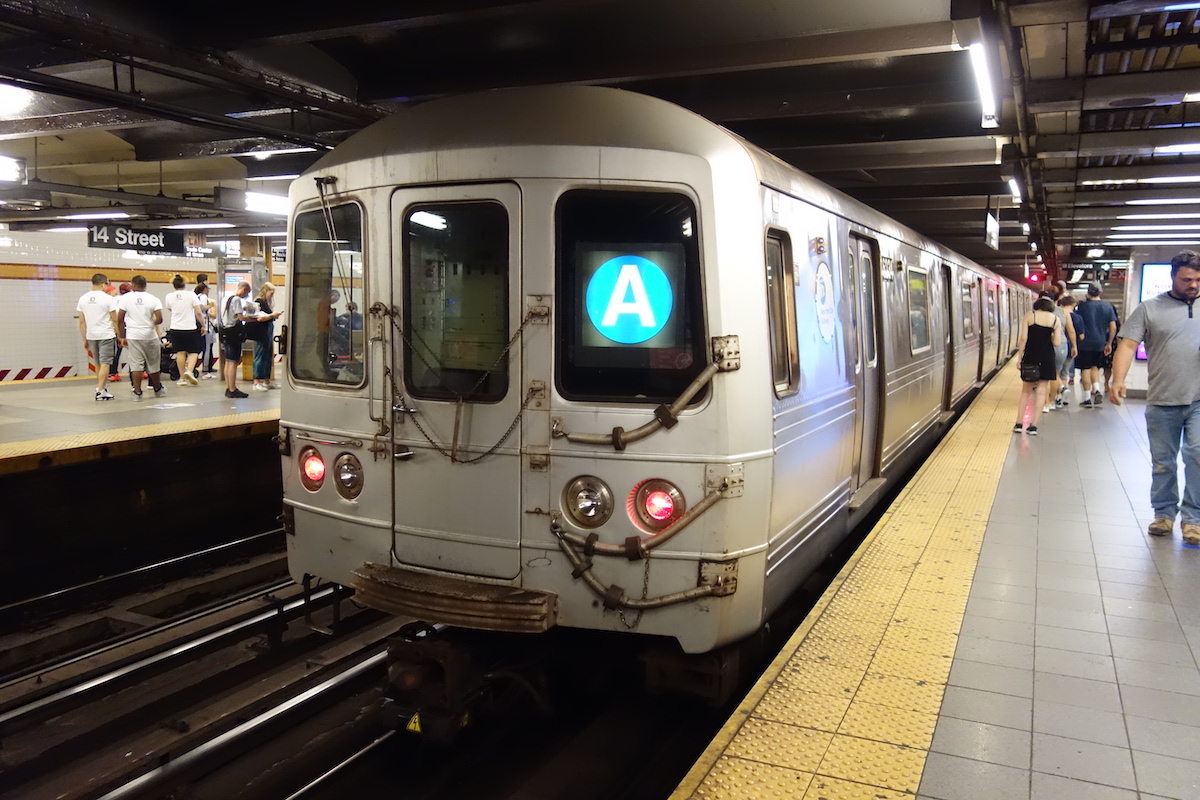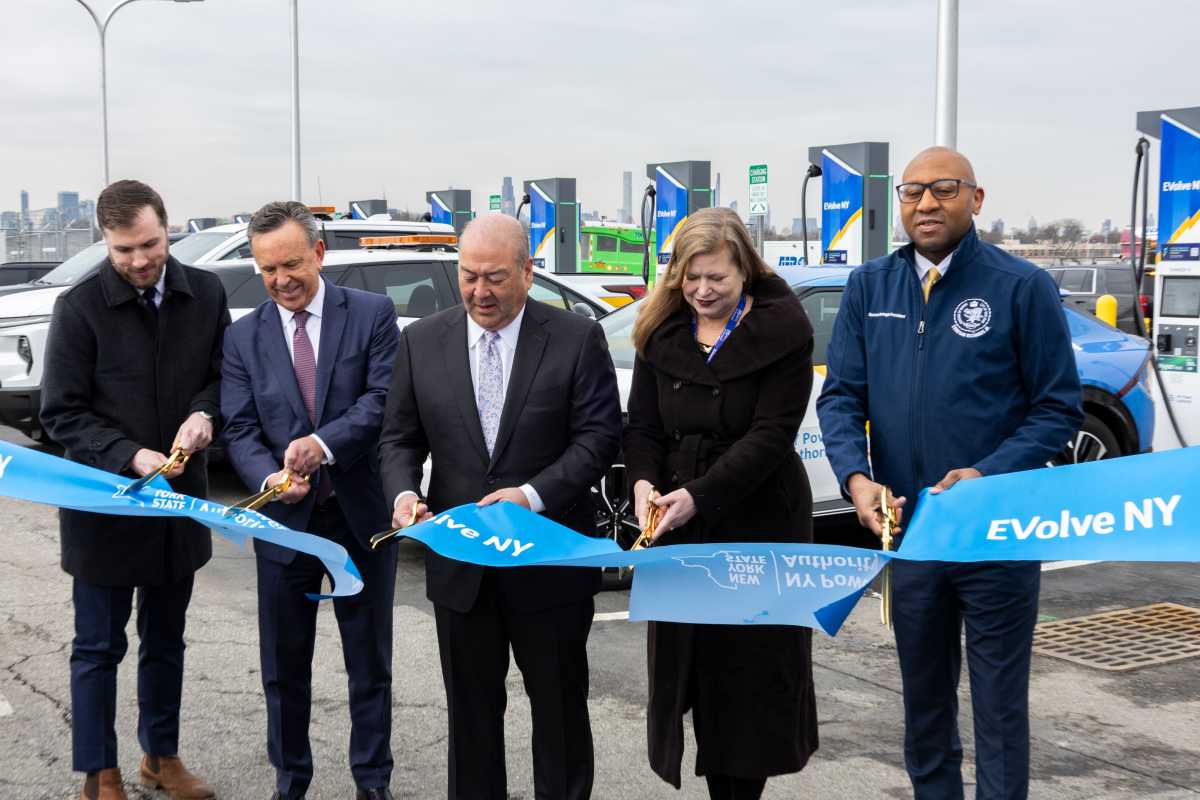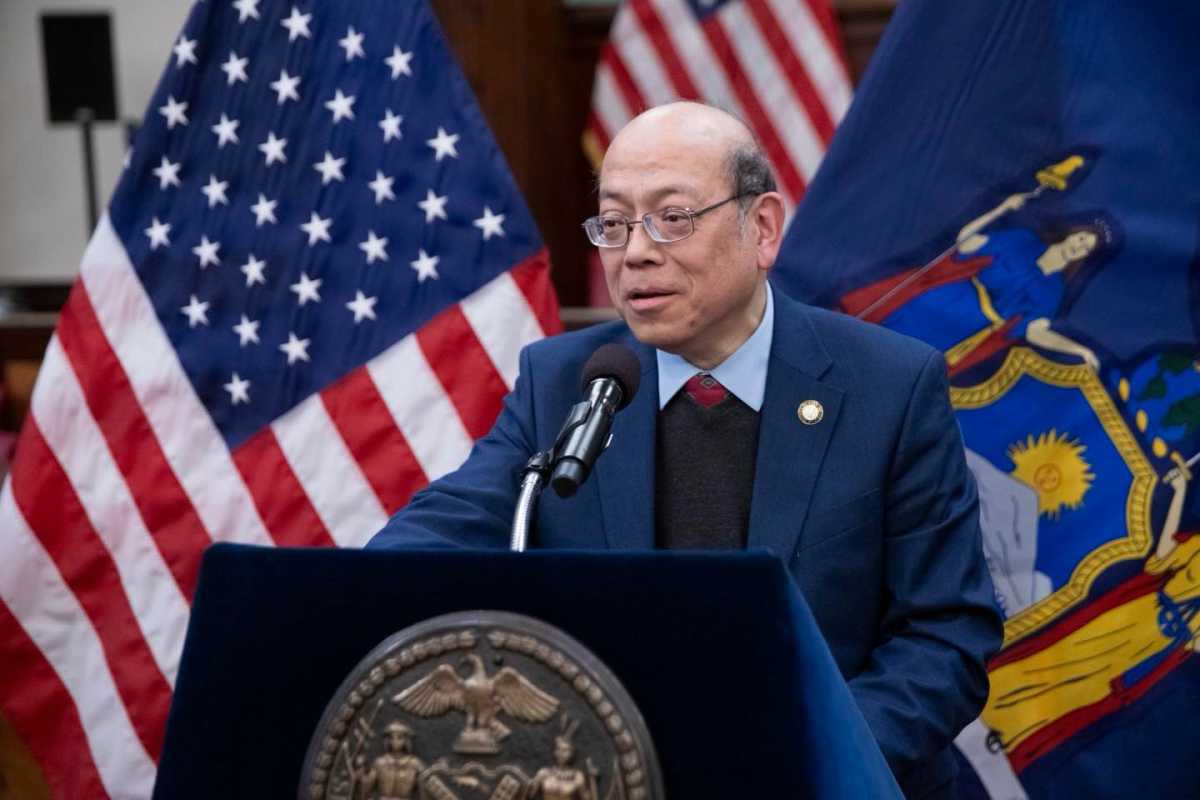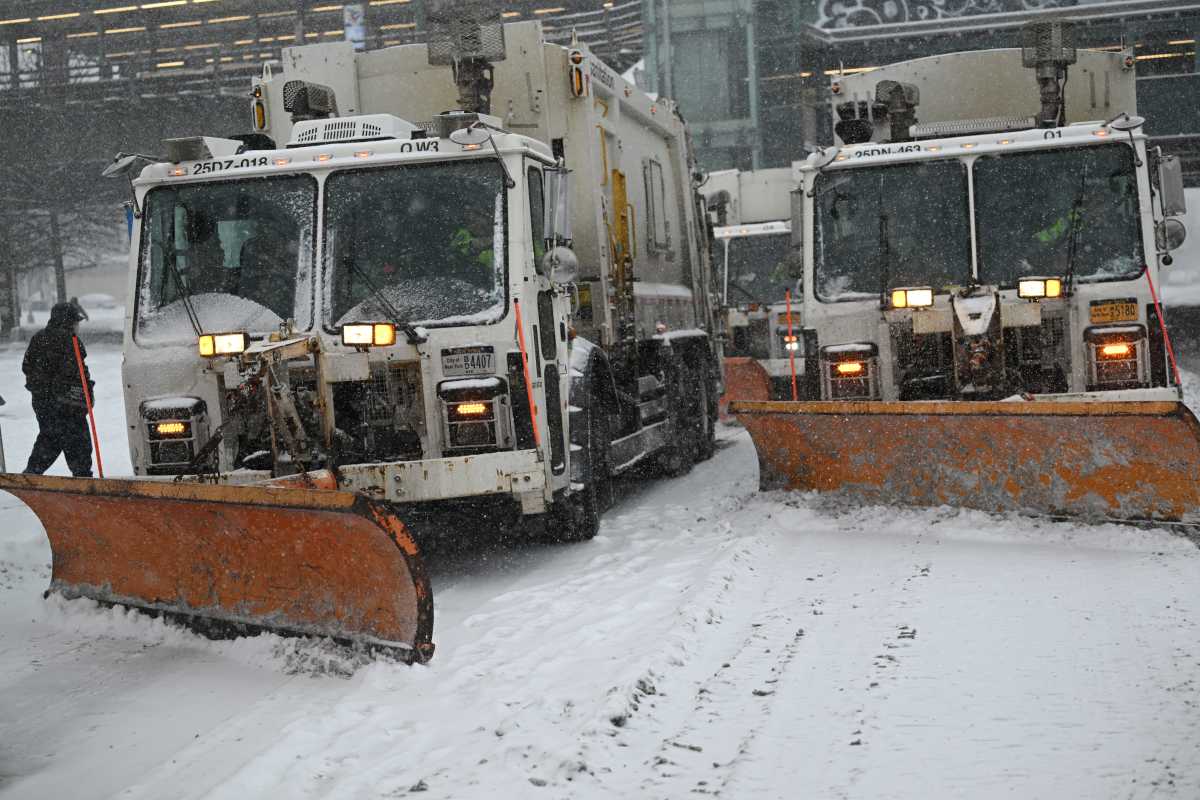Will New York City ever get back to the city that never sleeps? And if it does, how much will it cost?
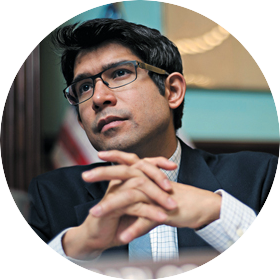
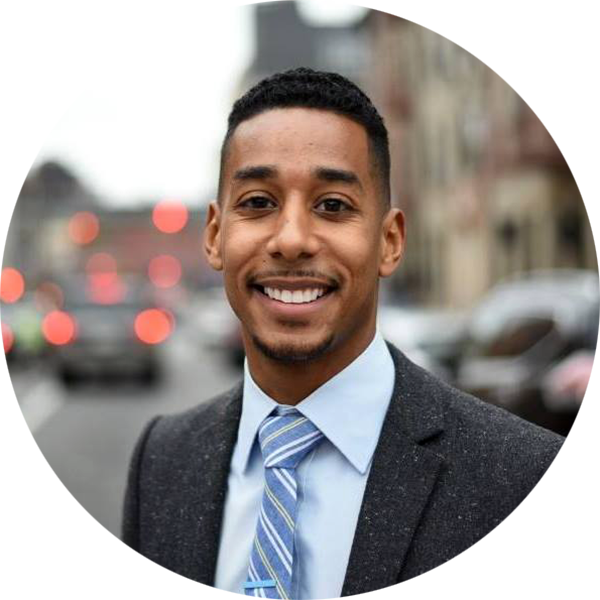
The long months of free or interrupted bus and train service during the onset of the COVID-19 crisis last year has caught up with a crippled New York transit system, but a stark outcry from politicians, like Councilmember Carlos Menchaca (D-Red Hook, Sunset Park, Greenwood Heights and portions of Windsor Terrace, Dyker Heights, and Boro Park), Councilmember Antonio Reynoso (D-Williamsburg, Bushwick, Ridgewood), and members of the public has moved the Metropolitan Transportation Authority (MTA) board to delay the 4 percent fare hike that was to be voted on at this week’s meeting, Thursday, January 21.
Menchaca, who is on the transportation committee and has a bid for Mayor, said he is against fare hikes, period.
“At a time when working families, many of whom come from communities of color and are essential workers, have been the hardest hit by the COVID-19 economic and health crisis, it is unconscionable for the MTA to even consider fare hikes,” said Menchaca. “These workers use our public transportation system to travel to and from work so they can help our city recover and move forward. Further, fare hikes should be permanently off the table as an option to raise revenue.”
Menchaca insisted there are alternative ways to raise money, such as taxing polluters and big developers. He said it would be “more effective than trying to balance a budget on the back of working families.”
Similarly, Reynoso, who is candidate for Brooklyn Borough President, said that the answer to the MTA’s problems can’t be raising fares on New Yorkers who are already hurting the most.
“Instead of placing this burden on working families and essential workers, we need the federal government to come through with funding for mass transit, fix the SALT deduction cap, and finally raise taxes on the ultra-wealthy,” said Reynoso.
Chairman of the MTA Patrick Foye said that there was a record number of over 2,000 participants across the region that gave their input online about the proposed fare hike.
The vote on fare hikes will be delayed for an estimate of a few months, but toll proposals are still scheduled for review in February.
“New Yorkers of all incomes and backgrounds depend on us to get to work, school, and so much more. Especially essential workers during the last months. We’re dedicated to providing them the service they need and recognize the hard times we’re all going through,” said Foye in the hearing.
That doesn’t mean the possibility of higher fares for Long Island Rail Road (LIRR), Metro-North Railroad (MNR), and New York City Transit Authority (NYCT) buses and trains is off the table indefinitely, said Foye, deficits and economic recovery still need to be addressed. As far as the possible toll increases goes, Foye said, it would be “a desirable result” for car drivers to resort to mass transit, citing a cut back on congestion, better air quality, and additional revenue as to why.
The MTA board also discussed the future of the general budget since they still have to deal with a massive decrease in ridership for all systems.
In the hearing, President of the LIRR Phil Eng reported substantial savings on needed upgrades and renovations, which in the past would’ve required paying workers for weekends and overtime because tracks had to be out of service.
“We’re very focused on reducing overtime where we can without compromising safety or public service, and have been successful in doing that last year. We have significantly higher goals for 2021 which I believe we will achieve. The reduction in overtime that Eng and his other agency colleagues reported is to be applauded,” said Foye.
Foye pointed out that these instances don’t affect the overnight closures from 1 am to 5 am, or it’s continuation into the distant future post-COVID.
“We look forward to the day when we can bring 1 a.m. to 5 a.m. service back, and we’re going to continue to focus on overtime where it’s not needed and where it doesn’t compromise safety or customer service and try to ring every dollar out of it,” said Foye.
Bottomline though, more funding is needed. Especially, to continue facing the health crisis and vehemently vaccinate frontline transit workers and commuters. Brooklynite Dr. Anthony Fauci even had a guest appearance in the hearing, at the behest of Foye, to advocate for the vaccine and testing efforts as a diligent tool for getting the city back to pre-COVID services.
The MTA has collectively lost five workers to COVID-related deaths this month, which the board had a moment of silence for in the meeting.
The MTA’s budget, like the city and state’s preliminary budgets, also depends on the incoming presidential administration, said Foye. He noted a commendable $4 billion in emergency federal aid that was passed last December from the COVID relief bill and President Joe Biden’s flurry of executive measures that were signed almost immediately after he was sworn in.
Biden has outlined $20 billion in investment into public transit systems nationwide hit hard by COVID in his America Rescue Plan, and the FEMA Policy Change that should help cities tackle pandemic-related cleaning costs and expenses through a reimbursement program.


